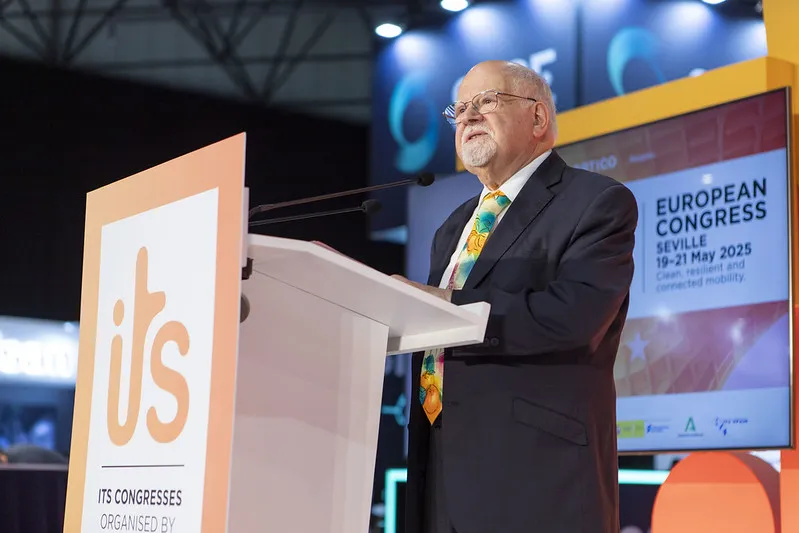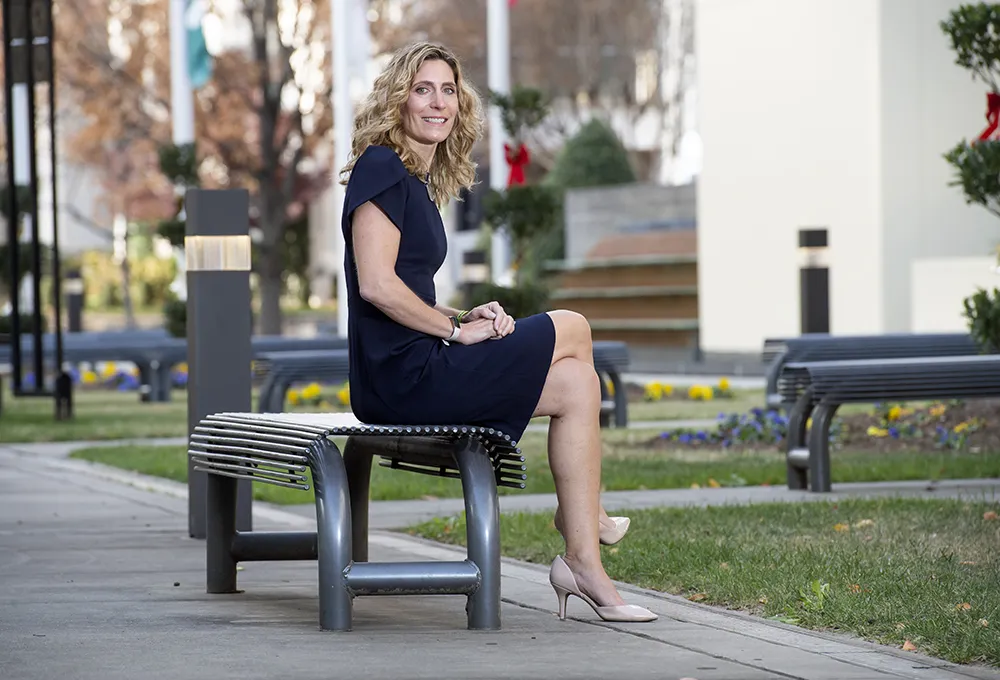An unmissable feature of the ITS World Congress Detroit includes extensive coverage of the full range of issues in vehicle automation which has captured the public imagination like very few other innovations. It is being compared to the Internet in anticipation of the sea-change it will bring to our landscape, and in the way we live our lives.
The Automated Transportation Track at this year’s Congress is sponsored by The
The sessions in this track reflect a range of topics, speakers, and perspectives from around the world. They range from a high level executive session on the overarching challenges and opportunities for automation to internationally acclaimed practitioners sharing their experiences in special interest sessions to a technical look at the many considerations in this field, as shared by a range of experts from the public and private sectors and academia. In addition, a recap will be presented of the recent Automated Vehicles Symposium (AVS) sponsored by AUVSI and TRB in July 2014 in San Francisco. AVS14 combined the best of the AUVSI focus on market activity with TRB’s deep focus on research questions and approaches.
The sessions within the Automated Transportation Track include Executive Session 01: Roadmap to Automated Transportation; Special Interest Session (SIS) 13: State‐of‐the‐Art in Automated Vehicles; SIS 20: Is There Vehicle Automation without Accurate Maps?; SIS 26: Technical Challenges for Adoption of Automated Vehicles; SIS 35: Human Factors Challenges of Vehicle Road Automation; SIS 42: Impacts and Opportunities for Automated Vehicles; SIS 50: Towards Automation: Research and Deployment Challenges; SIS 59: Paving the Way for Self-Driving Cars: Legislative and Legal Issues on the Horizon for Autonomous Vehicles; SIS 74: Evaluation and Requirements for Automated Vehicles Road Testing towards Deployment; Annual Meeting 12: Future of Fleet Automation; Annual Meeting 14: Autonomous Vehicles: Saviour of the Western World or an Over-Hyped Version of new Cars?; Technical Session (TS) 105: New Trends In Detection; TS 111: Future Directions In Automated Driving; TS 119: Autonomous Driving Systems; and TS 98: Implications and Assessment of Automated Driving.
Automated transportation track
An unmissable feature of the ITS World Congress Detroit includes extensive coverage of the full range of issues in vehicle automation which has captured the public imagination like very few other innovations. It is being compared to the Internet in anticipation of the sea-change it will bring to our landscape, and in the way we live our lives.
The Automated Transportation Track at this year’s Congress is sponsored by The Transportation Research Board (TRB), the Association for Unmanned Vehicle Systems Inte
August 26, 2014
Read time: 2 mins









